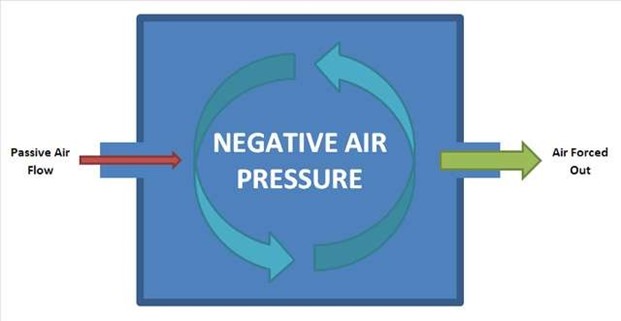A charge nurse is teaching a newly licensed nurse about the facility’s computerized documentation system.
Which of the following information should the nurse include?
“You will be asked to change your password once per year.”.
“Documentation of sensitive material is performed by the charge nurse.”.
“You will be given access to the medical records of every client in the facility.”.
“Information Technology will install a firewall to secure client information.”.
The Correct Answer is D
A firewall is a system that protects the network from unauthorized access and prevents data breaches. A firewall is essential for ensuring the confidentiality, integrity, and availability of electronic health records.
Choice A is wrong because the nurse should change their password more frequently than once per year. Changing passwords regularly reduces the risk of unauthorized access and enhances security.
Choice B is wrong because the documentation of sensitive material is not performed by the charge nurse. The nurse who provides the care should document it accurately and promptly in the computerized system.
Choice C is wrong because the nurse will not be given access to the medical records of every client in the facility. The nurse should only access the records of the clients they are assigned to care for, following the principle of need-to-know.
Nursing Test Bank
Naxlex Comprehensive Predictor Exams
Related Questions
Correct Answer is C
Explanation

This is because varicella, or chickenpox, is a highly contagious disease caused by the varicella- zoster virus (VZV), which can spread through the air or by direct contact with the fluid from the blisters. A negative air pressure room prevents the air from the room from circulating to other areas of the hospital, reducing the risk of transmission to other patients and staff.
Choice A is wrong because aspirin should not be given to children with chickenpox, as it can cause a serious condition called Reye’s syndrome, which affects the brain and liver. Instead, acetaminophen can be used to reduce fever.
Choice B is wrong because droplet precautions are not enough to prevent the spread of chickenpox. Droplet precautions involve wearing a mask and gloves when in close contact with the patient, but they do not prevent the virus from traveling through the air. Airborne precautions, which include a negative air pressure room and wearing a respirator, are needed for chickenpox.
Choice D is wrong because Koplik spots are not a sign of chickenpox, but of measles, another viral infection that causes a rash. Chickenpox causes an itchy rash with small, fluid-filled blisters that crust over.
Correct Answer is C
Explanation
This indicates that the child may be experiencing hemorrhage because they are trying to clear the blood from their throat. Frequent swallowing is one of the initial signs of bleeding immediately after tonsillectomy.
Choice A is wrong because elevated pain level is not a specific sign of hemorrhage. Pain is expected after a tonsillectomy and can be managed with medication and fluids.
Choice B is wrong because increased drowsiness is not a specific sign of hemorrhage. Drowsiness can be caused by anesthesia, medication, or dehydration.
Choice D is wrong because diminished breath sounds are not a specific sign of hemorrhage. Diminished breath sounds can be caused by respiratory infection, asthma, or bronchospasm.
Normal ranges for hemoglobin and hematocrit are 11.5 to 15.5 g/dL and 34 to 45% for children, respectively.
Normal ranges for platelet count are 150,000 to 450,000/mm3 for both children and adults. Normal ranges for plasma clotting variables depend on the specific test and method used.
Whether you are a student looking to ace your exams or a practicing nurse seeking to enhance your expertise , our nursing education contents will empower you with the confidence and competence to make a difference in the lives of patients and become a respected leader in the healthcare field.
Visit Naxlex, invest in your future and unlock endless possibilities with our unparalleled nursing education contents today
Report Wrong Answer on the Current Question
Do you disagree with the answer? If yes, what is your expected answer? Explain.
Kindly be descriptive with the issue you are facing.
